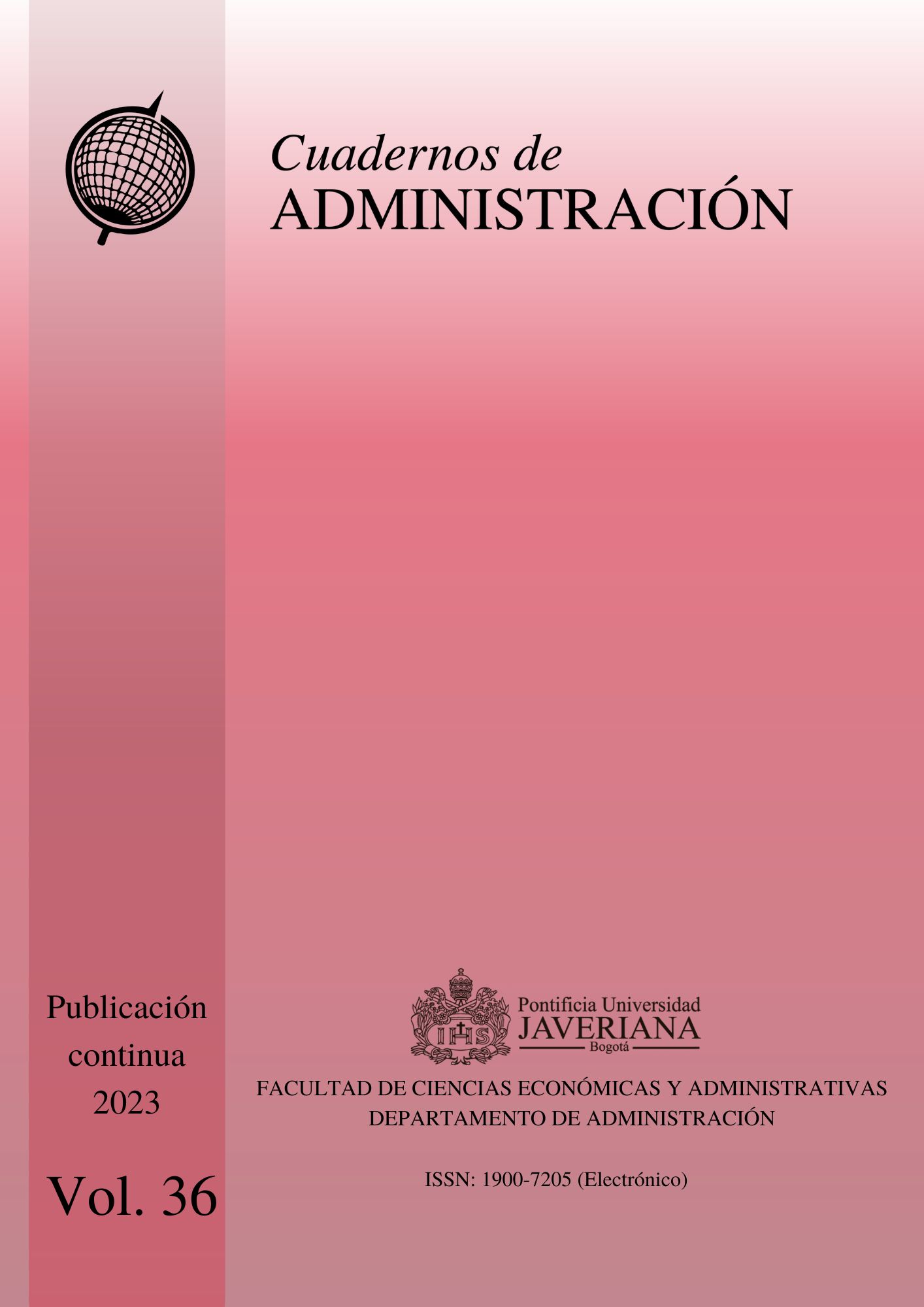Resumen
La literatura en cadenas de suministro sostenible (SSCM) sugiere incorporar enfoques multidisciplinares y metodologías mixtas; no obstante, la literatura es escasa sobre como seleccionar participantes para la fase cualitativa, dentro de un Diseño Secuencial Explicativo (DEXPLIS). Esta investigación aplica y valida el método de selección de participantes (MSP) Pathway, dentro de DEXPLIS, indagando por la influencia de la integración con partes interesadas secundarias sobre prácticas avanzadas de SSCM, para pymes. La literatura en SSCM reconoce la importancia de un método riguroso de selección de casos cualitativos, a partir de datos previos cuantitativos.
Como resultado, el MSP Pathway seleccionó los casos “precisos” (pymes) donde la influencia de la variable independiente sobre la dependiente demostró ser mayor. La selección finalizó con una validación y priorización de los casos por expertos, de acuerdo con criterios definidos. Los resultados demuestran la aplicabilidad y pertinencia del método DEXPLIS y su MSP.

Esta obra está bajo una licencia internacional Creative Commons Atribución 4.0.
Derechos de autor 2023 Ismael Santiago Mejia Salazar, Profesor Carlos Moreno, Profesor José Javier, Profesor Manuel Trujillo, Magister Juan Pablo


